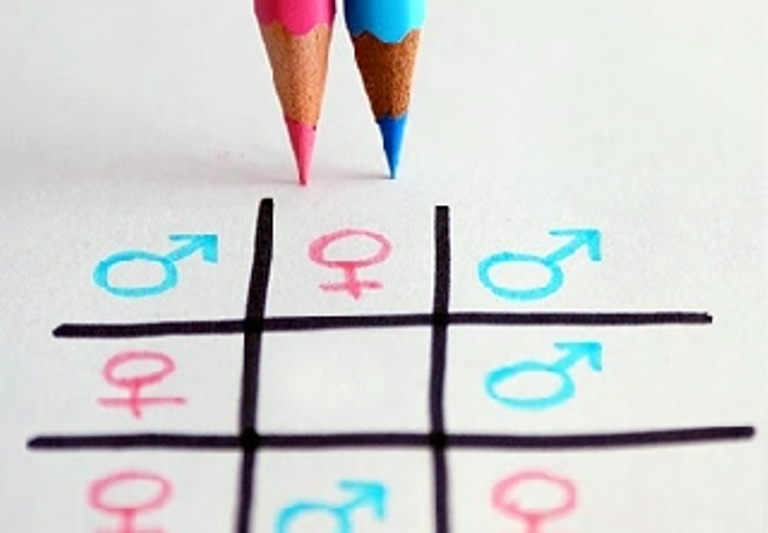“For a school without barriers” is a COGAM project that aims to bring education in affective-sexual diversity to schools.
This project was born in 1994, when COGAM sees the need to prevent harassment and discrimination suffered by LGBT youth and young people who do not follow the conventional gender roles in their schools.
Thanks to the great reception of these interventions in educational centers we have been able to study the phenomenon of LGBTphobic bullying (understood as school harassment produced by reason of sex, gender, orientation and / or sexual identity), which has resulted in the publication of various research that are referents in the analysis of this phenomenon in the Spanish context. In 2015 we published two studies (), and its most important findings are:
- LGBTphobic bullying is a common phenomenon in the classroom and closely linked to maleness. The most habitual behaviors are verbal aggressions and isolate the victims, and transgender people suffer it to a greater degree.
- There is a direct relationship between the belief in LGBT-phobic prejudices and the frequency of discriminatory behaviors.
- Victims do not feel they are supported by teachers and their families.This type of harassment is also manifested through the new information technologies, known as cyberbullying, which increases the vulnerability and suffering of the victims, because they are exposed to harassment at any time of the day, and the harassers are classmates like other young people in their environment.
- This situation generates that the victims suffer feelings of humiliation, impotence, anger, sadness, incomprehension, loneliness, isolation, vulnerability and guilt. In many cases it leads to the victims abandoning their studies and almost half of them consider suicide as a way to escape their suffering.
This analysis of reality in the classroom leads us to extend our socio-educational interventions to families and teachers, since they are basic agents in the education of young people and their main figures of protection and care.
In addition, in the last year we extended our proposal to levels of Primary Education (between 10 and 12 years), since it is at these levels where the sexist prejudices that are the basis for LGBT-phobic behaviors of students of higher levels begin to manifest themselves.
During the past school year this project was in great demand from the educational context, in which more than 7,000 students and 50 schools participated. In addition, students highly value socio-educational interventions, with an average score of 8.9 points on a scale of 0 to 10.
If you want to follow all our activities in the educational context, consult our studies and didactic materials or have more information about our entity, you can check the following links:

